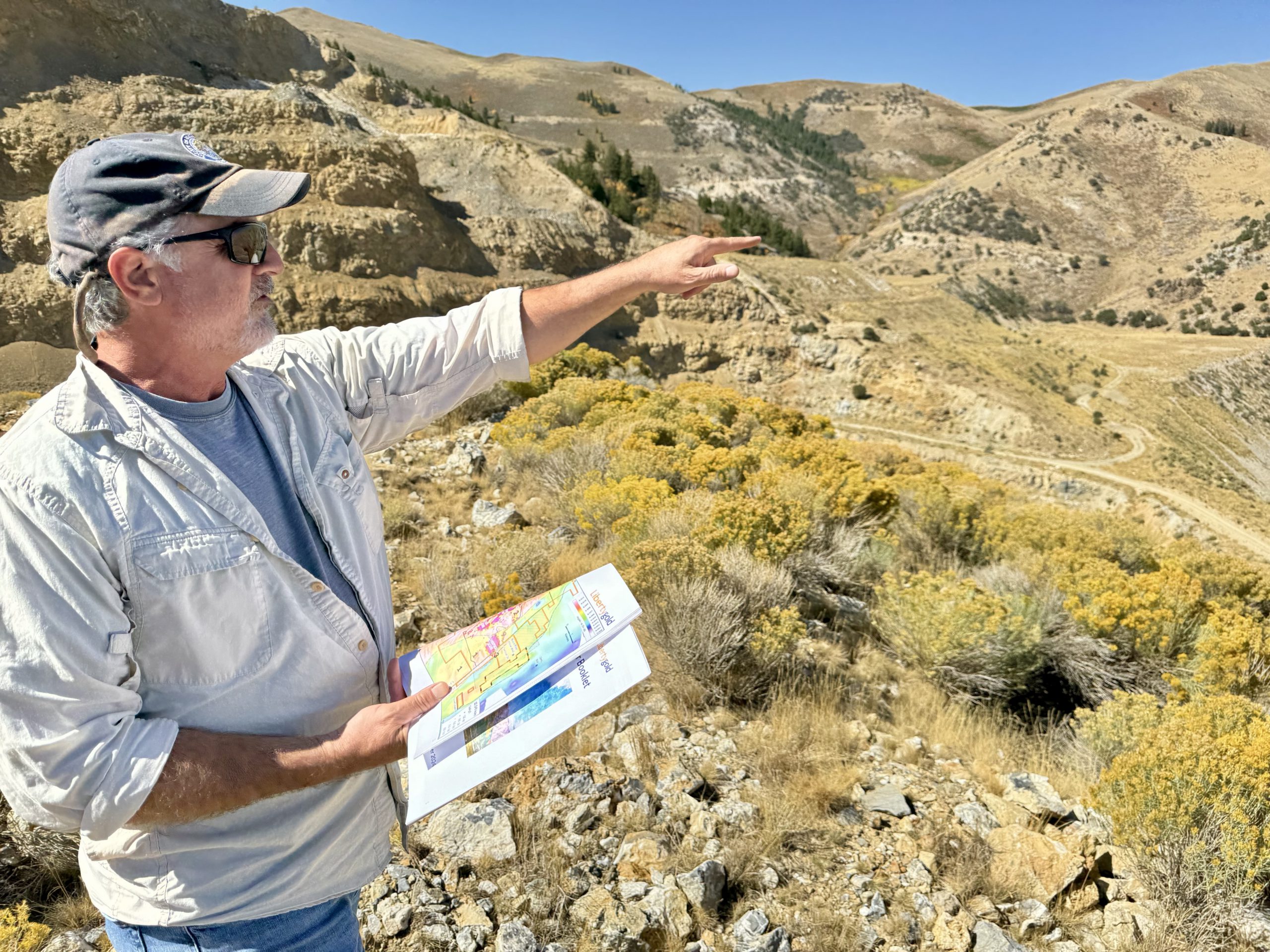Ripples from the Zambezi
SECTION: Book Review
It is not news that mining companies are actively seeking opportunities to engage local communities and build sustainable relationships in places where they operate. What it original is that many of them, such as BHP, Rio Tinto, Newmont, Goldcorp and New Gold, are achieving these goals by applying a model born, over ten years ago, from the experience of Ernesto Sirolli, a volunteer for the Italian government in Africa during the 1970s.
 Sirolli’s Ripples from the Zambezi (1999) exposes a fascinating philosophy that is being increasingly adopted by mining companies. The founding principle of this methodology can be summarized in one concise sentence, taken from the back cover: “In the same way you can’t lead a horse to water, you can’t force economic development on people who don’t want to be ‘developed’ according to someone else’s ideas.”
Sirolli’s Ripples from the Zambezi (1999) exposes a fascinating philosophy that is being increasingly adopted by mining companies. The founding principle of this methodology can be summarized in one concise sentence, taken from the back cover: “In the same way you can’t lead a horse to water, you can’t force economic development on people who don’t want to be ‘developed’ according to someone else’s ideas.”
After absorbing Schumacher’s Small Is Beautiful: Economics as if People Mattered and the person-centered psychology of Carl Rogers, Sirolli put his radical, antidogmatic ideas to the test in rural Western Australia. Instead of trying to motivate people, he made himself available as coach and advocate for anyone who was serious about starting or expanding a business enterprise.
By treating economic development as a by-product of personal growth and self-actualization, Sirolli was able to make a small but significant leap in the effectiveness of business coaching, as well as create local miracles of economic development. He has devoted himself since to teaching committed civic leaders how to do what he has done.
“In every community, no matter how small, remote or depressed, there is somebody who is scribbling figures on a kitchen table. If we can be available, for free and in confidence, to help that person go from the dream to establish an enterprise that can sustain that person and his or her family, we can begin to change the economic fortunes of the entire community. ”
The fundamental concepts behind Sirolli’s work include:
- A belief in the intrinsic goodness of human nature;
- If people don’t ask for help, leave them alone;
- There is no good or bad technology to carry out a task – only an appropriate or inappropriate one. Something big, modern and expensive is not necessarily best; everything depends on the circumstances.
Sirolli suggests that one can only “facilitate” economic development with people who have a real passion and desire to make something of themselves. He takes his reader through Maslow’s hierarchy of needs, which lists “self actualization” below basic needs, which he says must be met first. Sirolli maintains that all individuals desire to have their dreams and desires come to fruition, and this is how “self actualization” can occur.
Moreover, according to the author, the facilitator does not initiate projects or promote “good ideas.” He or she responds to the interests and passions of self-motivated people. Because no one has equal passion for production, marketing and financial management, all of which are necessary for business success, and because people only do well what they care about doing, the secret of success and survival for a business of any size is to find people who love to do what you hate. “The death of the entrepreneur is solitude.” The facilitator and the board, with networking, help people form teams to advance their ideas.
This is a strategy that is always followed in large business, but remains unusual in small business, where most people are still advised to write business plans singlehandedly, and to get better at what they hate.
Ripples from the Zambezi is not just a book of theory. Sirolli goes on to tell stories about the enterprises he “facilitated” under austere economic conditions. Sirolli’s first success came in a small rural community called Esperance in Western Australia. In Esperance, Sirolli helped fishermen sell fish to the Japanese sushi market for six times what the local cannery was paying for their catch. Another business was started smoking the fish for gourmet markets. Another new business made quality sandals from local kangaroo hides. Sheep farmers developed a processing business that turned worthless old ewes into valuable hides, wool and mutton kebabs.
In rural Minnesota, Sirolli was hired to work in one of the poorest counties in the state with a workforce of only 3,000. Within four years, his efforts had resulted in 30 new businesses, assisted 127 existing ones, saved 55 jobs and created 71 new ones.
Sirolli’s message is that bottom-up, person-centered, responsive economic development works–and if well understood and led at the community level, it works better than anything else. When a community can help motivated people succeed, the motivation spreads. “The future of every community,” Sirolli writes, “lies in capturing the energy, imagination, intelligence and passion of its people.”
For more information on Sirolli’s methods, check out the Sirolli Institute‘s website.
Links and References
{{ commodity.name }}
{{ post.title }}
{{ post.date }}




Comments